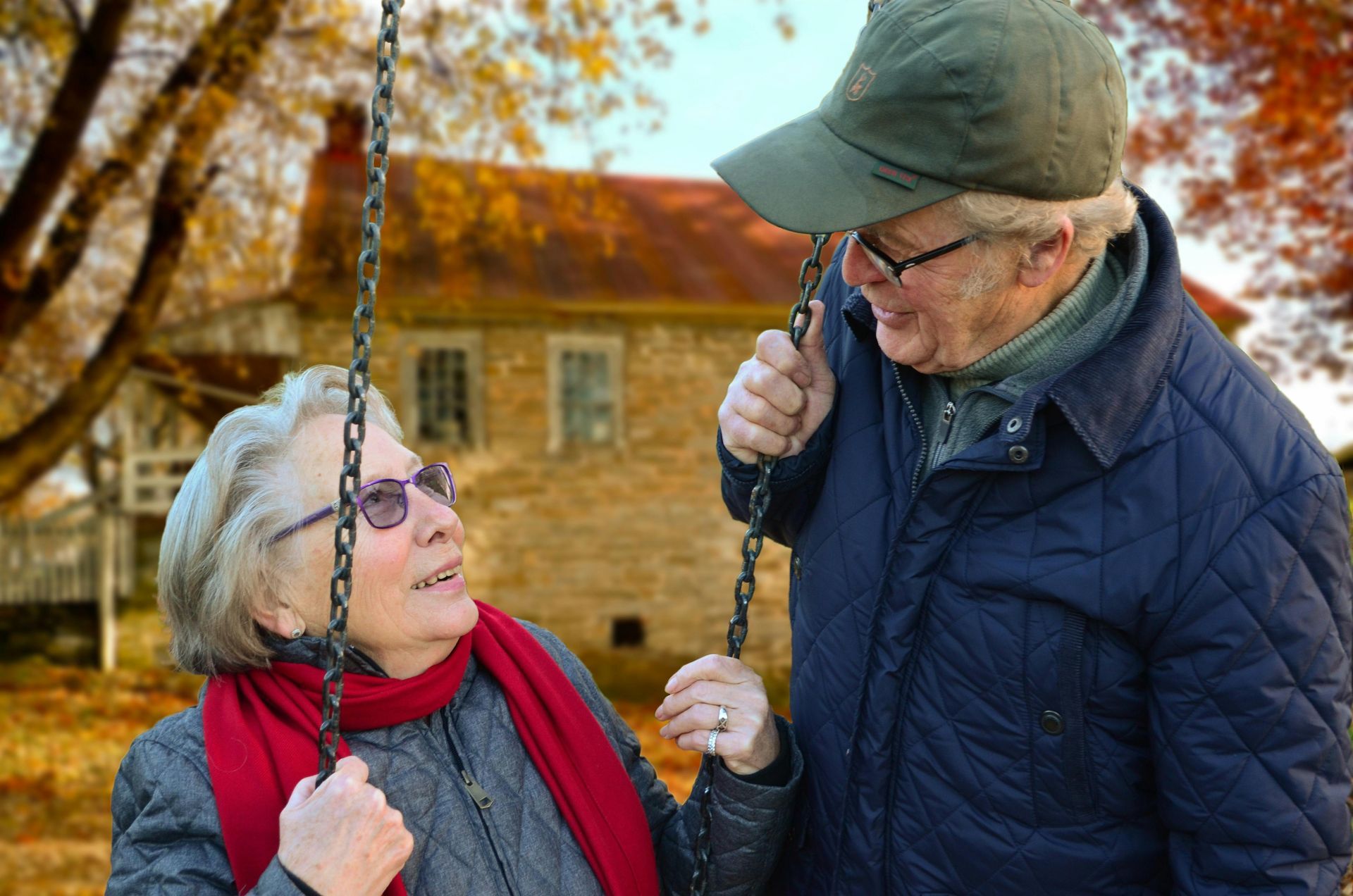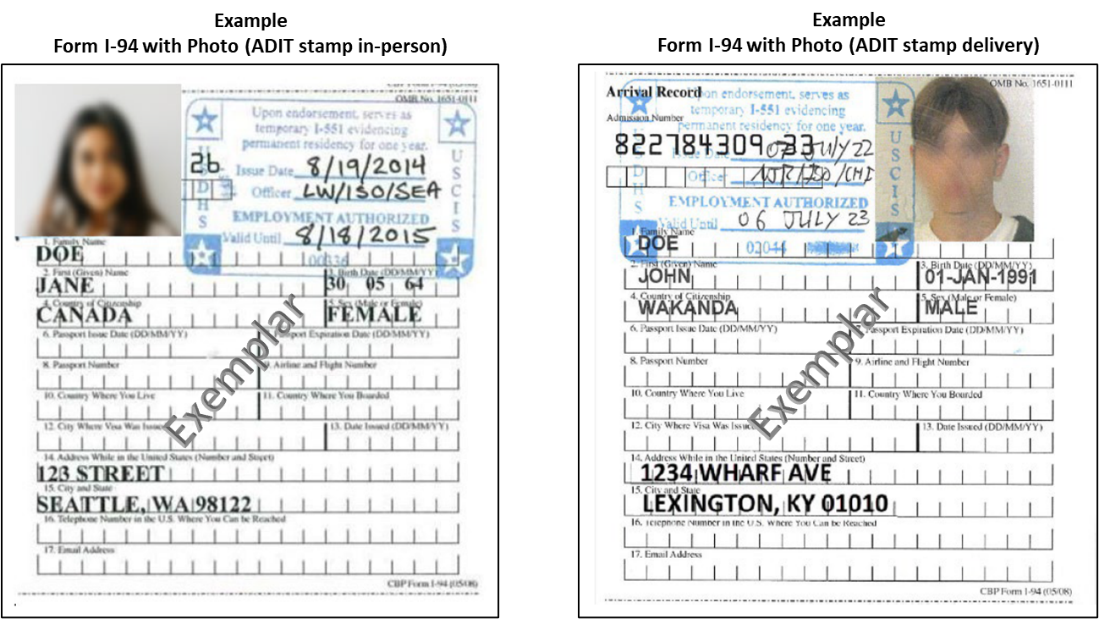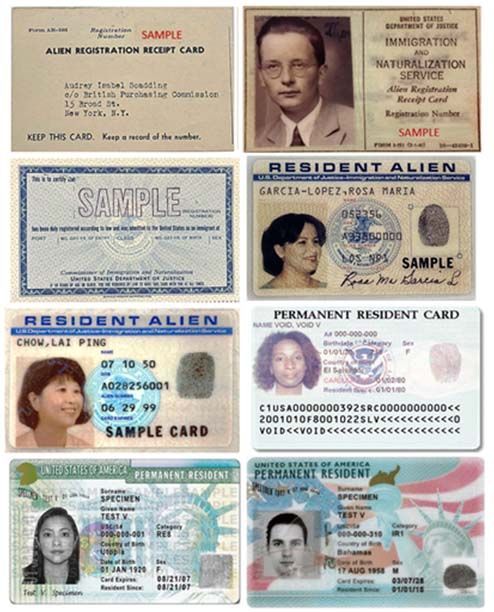DEERS Office and the need for Apostille / Legalized Foreign Documents

If your spouse or child is a foreign national, the foreign documents required to receive a military ID must be translated to English with a Notarized Certificate to be accepted. The Notarized Certificate is called an Apostille or Legalization (terminology depends on the Foreign Government / Consular Service).
WHAT DOCUMENTS ARE NEEDED AT THE DEERS OFFICE?
If your dependants are foreign nationals, any official identification document necessary to receive a military ID will require a certified translation into English. Military One Source is ideal for this translation service, link found here: www.militaryonesource.mil
The official documents required for the DEERS enrollment are:
- Marriage Certificate
- Photo ID (e.g. Unexpired Passport, US Driver’s License, or State-Issued ID Card)
- Birth Certificate
- Apostille for each Foreign Document
DO I NEED TO OBTAIN AN APOSTILLE?
Yes. Foreign Documents need to receive an apostille by the country of origin. Apostilles authenticate the seals and signatures of officials on documents issued by a foreign government. The apostille allows the foreign document to be recognized internationally.
HOW DO I GET AN APOSTILLE?
In short, contact the local foreign embassy or consulate on their apostille or legalization process.
(Common for our office) FOREIGN BIRTH CERTIFICATE GUIDANCE:
- South Korea Birth Certificate Requirement for US Immigration
- Japanese Birth Certificate for US Immigration Purposes
- PSA Philippine Birth Certificate
- Canadian Long-Form Birth Certificate for US Immigration
- Acceptable Ecuadorian Birth Certificates for US Immigration: Inscripción de Nacimiento and Libro de Nacimientos
- Honduras: Copy of Birth Folio / Copia de Folio del Libro de Nacimientos
- South Africa Birth Certificate for US Immigration Purposes
- US Immigration Requirements: Colombia Birth, Marriage, Divorce, and Police Certificates
Related Posts:
Disclaimer: This Blog is made available by the lawyer or law firm publisher for educational purposes only as well as to give you general information and a general understanding of the law, not to provide specific legal advice. By using this blog site you understand that there is no attorney-client relationship between you and the Blog/Web Site publisher. The Blog should not be used as a substitute for competent legal advice from a licensed professional attorney in your state.
The post DEERS Office and the need for Apostille / Legalized Foreign Documents appeared first on Fickey Martinez Law Firm.












